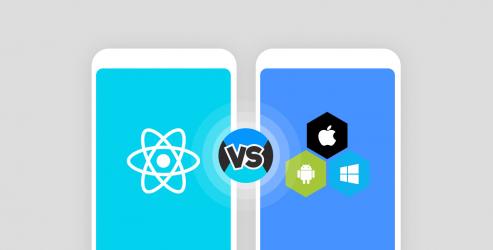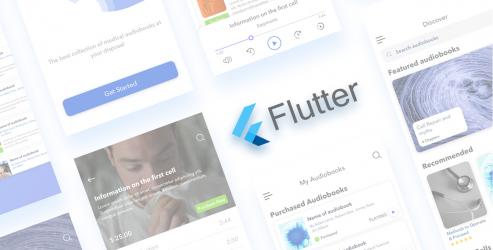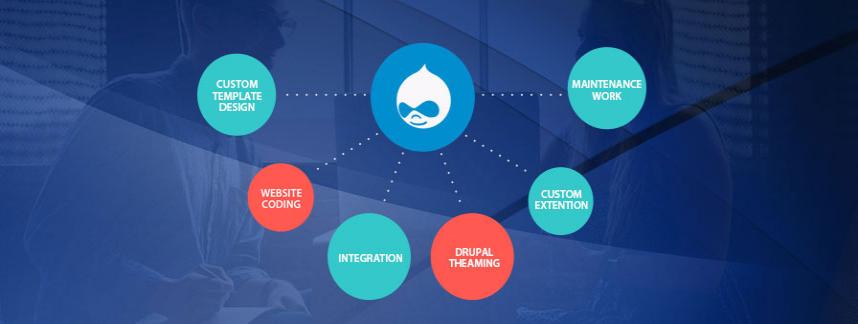
Got an educational mobile app idea or project? Considering to hire an educational app development company? But, are skeptical about the success citing the growing competition on account of the ever-increasing number of mobile apps on App Store or Google Play?
If you answered yes, here is the insight you must take into letter and spirit.
#1. Study the App Distribution Platform
If your apps are already gracing the App Store or Google Play, there is a fair chance that you must be sparing some time to understand how well are they performing and what users think about them.
However, if you are embarking on your next app development project, then also it?s imperative to take a look at what apps that are similar to your new concept have to offer, what users have to opine about them, and where do they lack in delivering the right user experience. Doing so, you can purify and enrich your educational app development strategy.
#2. Learn From The Horrible Apps
It?s essential for you to learn from the fantastic apps that top the popularity chart, but it?s more than essential to look at those that are horrible. Do check the review and rating available. See what mistakes do the mobile app developers have done in them. This will help you understand the user expectation and avoid bad things that spoil the user experience.
#3. Hire and Manage a Remote Team
If you don?t have an in-house team to work on your project, hire a remote squad comprising UI-UX designers, mobile app developers, and testers. Think of hiring a team from developed economies like Bulgaria, India, Philippines, etc. Doing so, you can keep the development budget at a low. Moreover, when you work with a team that isn?t in the same time zone, you get ample time to review the project and share your feedback. The remote team does have the similar advantages.
#4. Pay Attention to Proper App Launch
It?s important that you get acquainted with the app launch guidelines for the platform you target at. Every app distribution emphasizes on maintaining the quality of the app. Hence, get your app well examined by a team for crashes and bugs. While submitting, make sure all app information and metadata is complete and accurate. Don?t miss to provide your contact information. If your app requires users to log in to access information, you should give the demo account to them.
You will like learning this: Learn Japanese Hiragana and Katakana in 1 Hour
#5. Reaching out to the Audience
Follow the app optimization guidelines as recommended by the respective platform owners. The store?s search functionality works similar to standard Google search or similar. Identical to an optimized website that ranks higher, an optimized mobile app surfaces higher than the rest. And when your app tops the list, nothing can stop you from getting more traffic, downloads and installation.
The Bottom Line
Once you have got your app released on Google Play or App Store, or somewhere similar, the next job is to keep track of the user experience. Take care of every feedback that you get either in the form of reviews, rating or email. These user experience insights are critical to your app?s success. Your educational app development team must take note of them.











